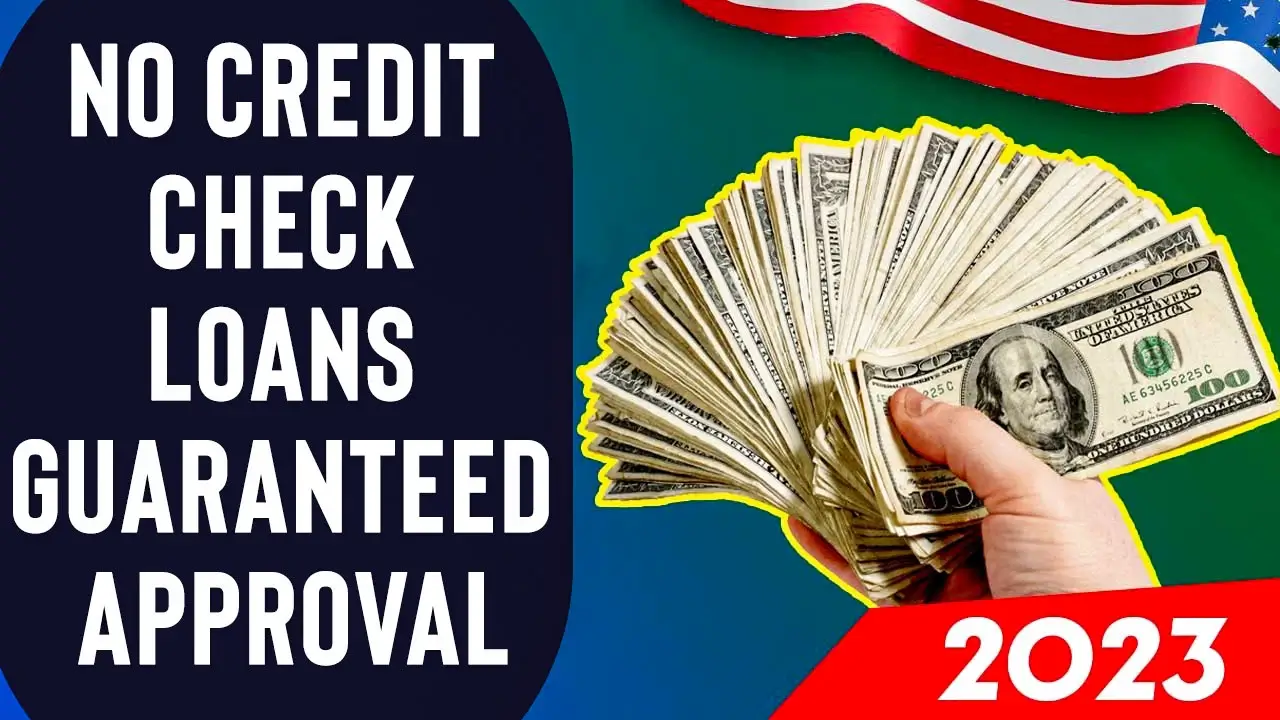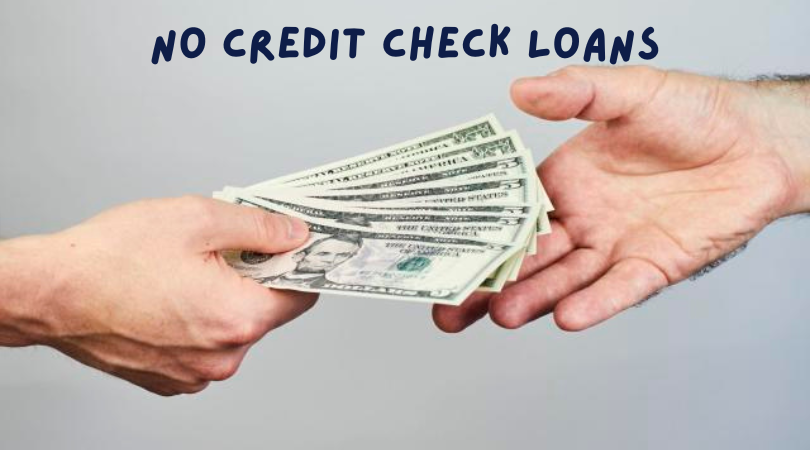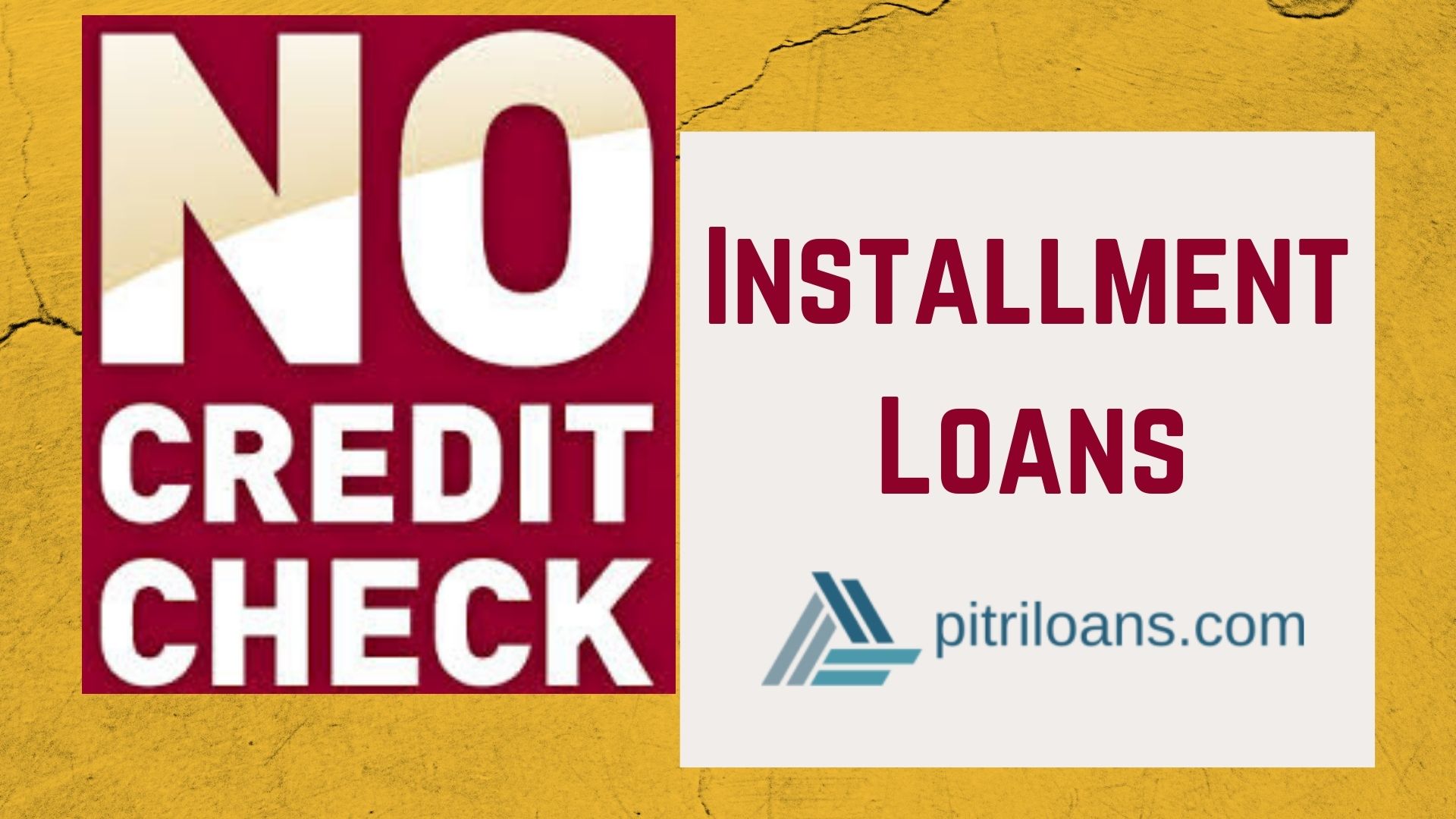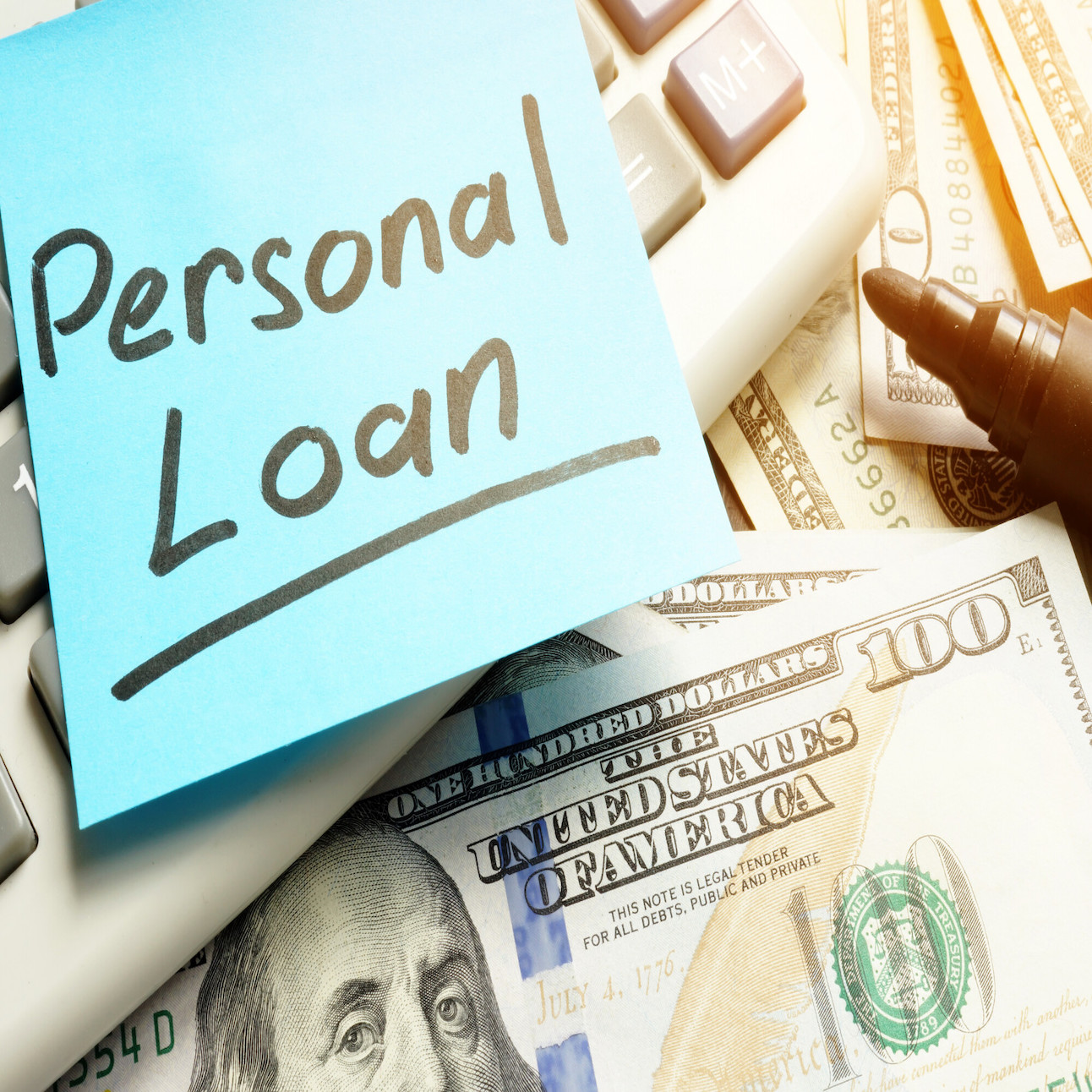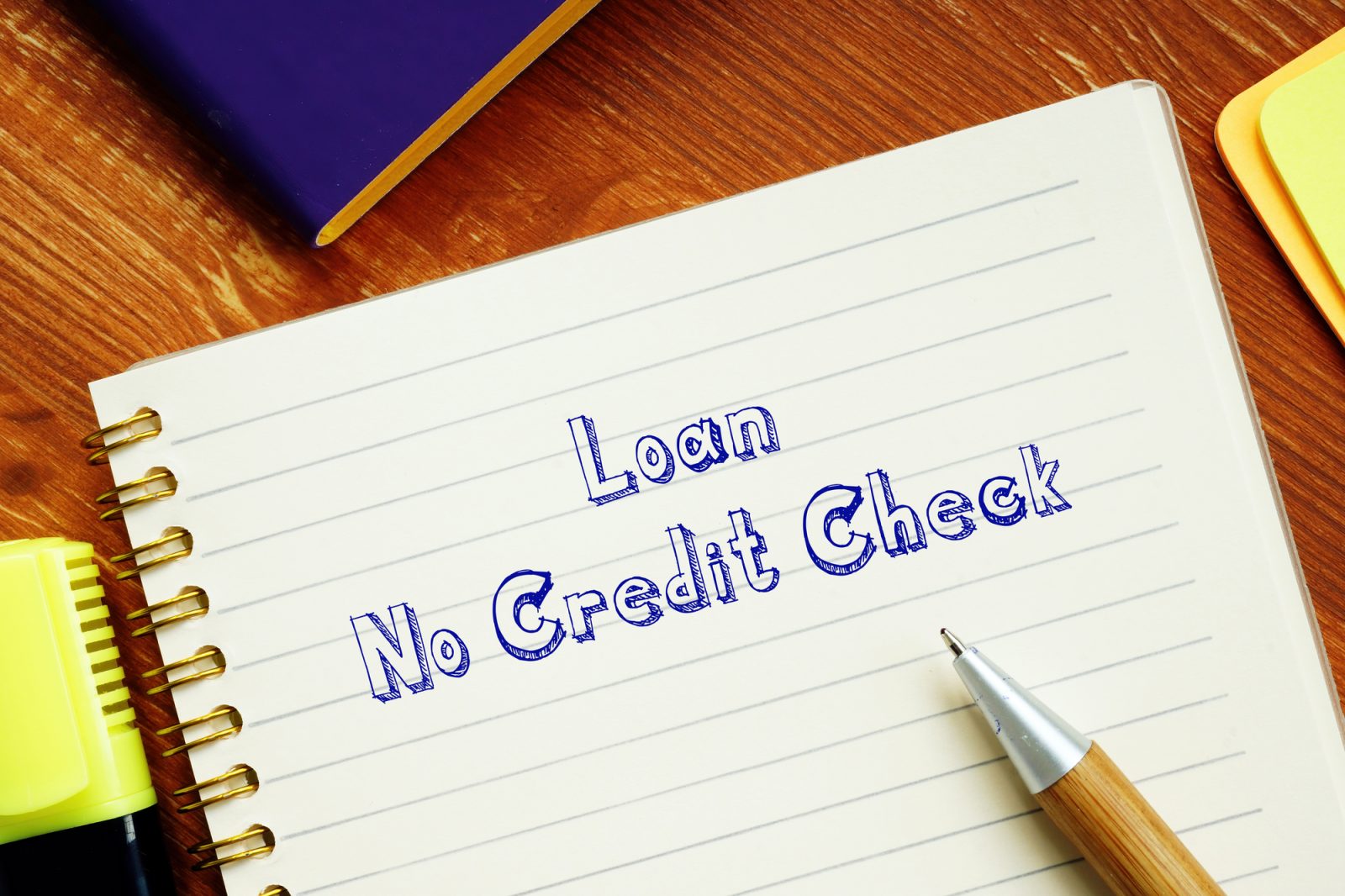$1000 Loan Today No Credit Check
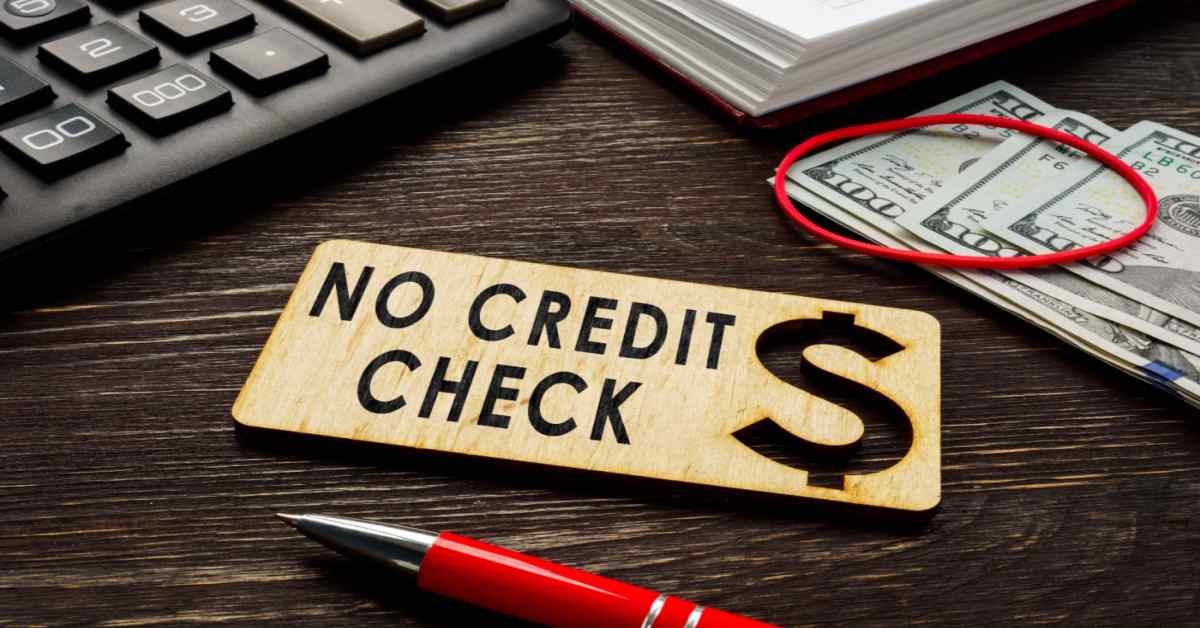
The allure of instant financial relief, particularly the promise of a $1000 loan without a credit check, is proving irresistible for many Americans grappling with economic uncertainty. But beneath the surface of these seemingly straightforward offers lies a complex web of potential risks and long-term financial consequences.
These loans, often marketed aggressively online and through targeted advertising, cater to individuals with poor or limited credit histories who are shut out from traditional lending options. However, the ease of access often comes at a steep price, with exorbitant interest rates and fees that can quickly trap borrowers in a cycle of debt.
Understanding the $1000 No Credit Check Loan Landscape
The core appeal of these loans is their accessibility. They bypass the conventional creditworthiness assessment process, making them readily available to those with low credit scores or thin credit files. This is particularly attractive for individuals facing unexpected expenses, such as medical bills or car repairs, who lack alternative funding sources.
These loans operate outside the traditional banking system, often offered by online lenders or payday loan companies. The lack of a credit check is not an act of charity; rather, it’s a business model predicated on charging significantly higher interest rates to compensate for the perceived risk.
The High Cost of Convenience
The absence of a credit check is invariably offset by significantly higher interest rates. According to the Consumer Financial Protection Bureau (CFPB), payday loans, which often fall under the umbrella of "no credit check" options, can carry annual percentage rates (APRs) of 400% or higher.
These astronomical rates can quickly balloon the original loan amount, making it incredibly difficult for borrowers to repay the debt on time. Late fees and other penalties further exacerbate the financial burden, pushing borrowers deeper into a cycle of debt.
Consider this scenario: a $1000 loan with a 400% APR, if not repaid within a very short timeframe (typically weeks), can quickly accumulate hundreds of dollars in interest. This can make it almost impossible for borrowers to escape the debt trap, even with diligent efforts to repay.
Predatory Lending Concerns
The ease of access and high-interest rates associated with these loans raise serious concerns about predatory lending practices. Critics argue that these loans target vulnerable populations who are least able to afford the high cost of borrowing.
According to a report by the Center for Responsible Lending (CRL), payday and car-title loans, which often operate on a "no credit check" basis, disproportionately impact low-income communities and communities of color.
These loans can lead to a cascade of negative consequences, including bank account overdraft fees, difficulty paying essential bills, and even bankruptcy. The long-term financial damage can be significant and far-reaching.
Alternatives to No Credit Check Loans
While the allure of quick cash is tempting, exploring alternative options is crucial before resorting to no credit check loans. Many resources and programs are available to help individuals manage their finances and access affordable credit.
Credit counseling agencies can provide valuable guidance on budgeting, debt management, and credit repair. These agencies often offer free or low-cost services to help individuals regain control of their finances. You can find legitimate, certified agencies through the National Foundation for Credit Counseling (NFCC).
Community banks and credit unions often offer smaller loans with more reasonable interest rates to individuals with less-than-perfect credit. These institutions may be more willing to work with borrowers to establish a repayment plan that fits their budget.
Exploring options like secured credit cards, which require a security deposit, can be a way to rebuild credit while accessing funds. While they have lower credit limits, they provide an opportunity to demonstrate responsible credit behavior.
The Role of Regulation
The proliferation of no credit check loans has prompted increased scrutiny from regulators and consumer advocates. Calls for stricter regulations are growing louder, with the aim of protecting vulnerable borrowers from predatory lending practices.
The CFPB has been actively involved in researching and regulating the payday loan industry. While regulations vary by state, there is a growing push for federal standards to ensure fair lending practices and protect consumers from excessive interest rates and fees.
Advocates argue that capping interest rates, requiring lenders to assess a borrower's ability to repay, and providing clear and transparent loan terms are essential steps in mitigating the risks associated with no credit check loans.
Looking Ahead: A More Responsible Lending Environment
The demand for small, short-term loans is unlikely to disappear, particularly among those facing financial hardship. The challenge lies in creating a lending environment that is both accessible and responsible.
Promoting financial literacy is crucial in empowering consumers to make informed decisions about borrowing. Understanding the true cost of credit and exploring alternative options can help individuals avoid the pitfalls of predatory lending.
Ultimately, a combination of responsible lending practices, robust regulation, and increased financial literacy is needed to protect vulnerable borrowers and foster a more equitable and sustainable financial system. The promise of "instant cash" should not come at the expense of long-term financial well-being.



